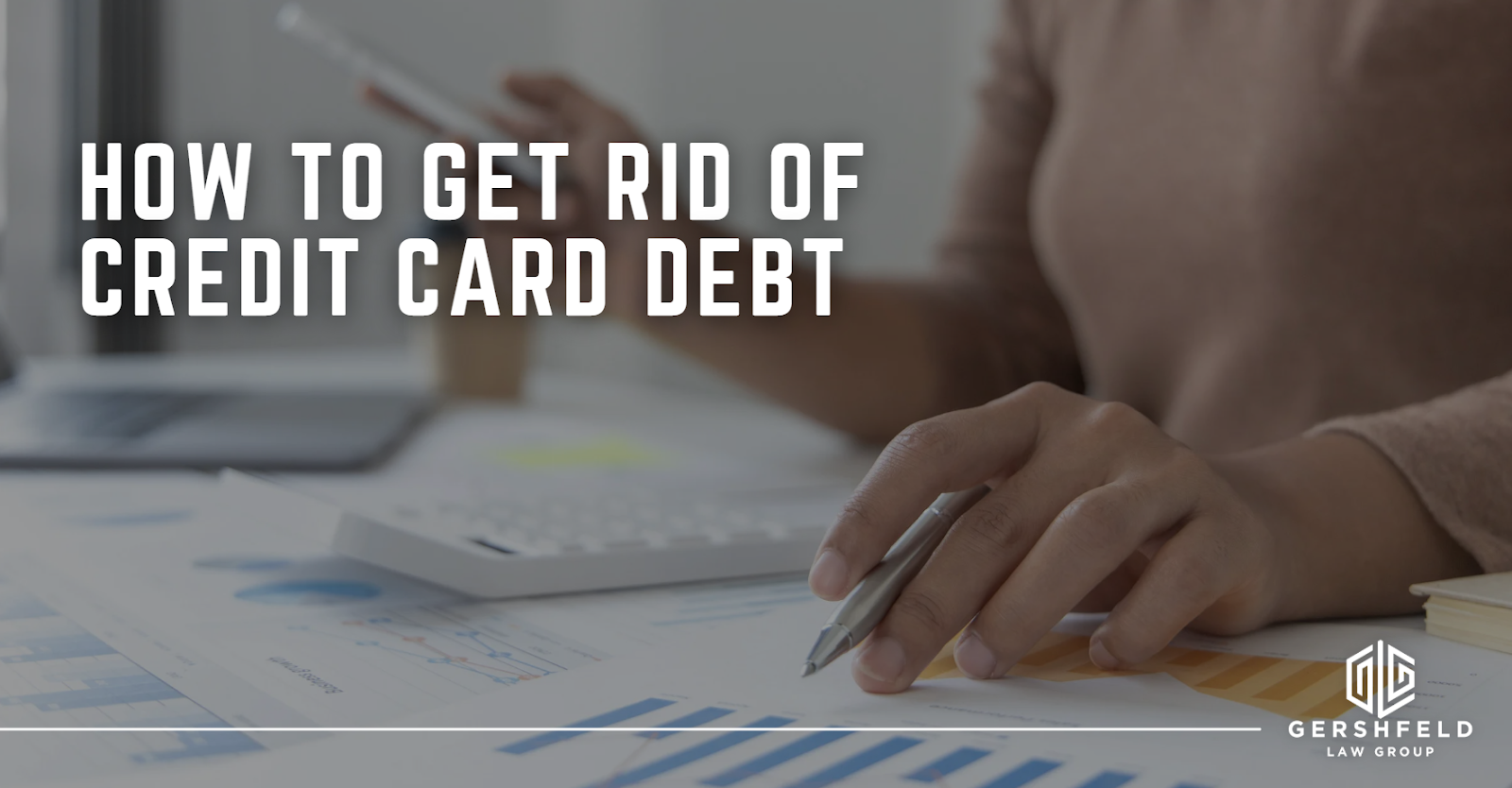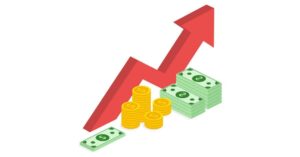Owing money on your credit card can feel overwhelming, especially when it seems like the debt keeps piling up. While creditors have legal guidelines they must follow when collecting debt, the stress of potential action against you is very real.
The good news? You have options to regain control and avoid these consequences. In this blog, we’ll explore practical strategies to get rid of credit card debt and regain your financial freedom.
Is Credit Card Debt Considered Bad Debt?
How much credit card debt is too much? The answer isn’t the same for everyone—it depends on your financial situation. To figure it out, how much interest you’re paying, how it impacts your household bills, and your credit utilization ratio. These factors can help you understand if your debt is manageable or weighing you down.
For some, any amount of credit card debt feels like too much. If you can avoid it altogether, that’s an intelligent approach. However, using credit cards responsibly can be part of a healthy financial strategy. The key is to spend within your means, stay current on payments, and keep an emergency fund for unexpected expenses. Ask yourself: Are you spending more than you’re earning? Are you falling behind on payments? By answering these questions, you can determine if your credit card debt is under control—or if it’s time to change.
Now, what happens if we are already too late on payments? Want to learn how to get rid of credit card debt?
How To Get Rid Of Credit Card Debt
First, if you haven’t already done so, you must make at least the minimum payment on your account. If you don’t, your account may fall into ‘arrears,’ which means your payments will be considered late or missed.
If that happens, your lender will contact you via email, letter, text, or phone to remind you to settle your balance. If you miss two or three payments, your account could go into ‘default’, meaning you’ve violated the terms of your agreement. At that point, they might take further steps to collect the money you owe, including involving debt collectors.
Yikes! What happens if those debt collectors call you every day? Start by understanding your finances: create a monthly budget and stick to it. A budget acts as your financial roadmap, helping you track where your money goes and identify areas where you can cut back. Whether you’re struggling to make ends meet or have a little extra income, budgeting is a crucial first step toward taking control of your financial future. It helps you see where adjustments can be made to free up cash for debt repayment.
If you’re behind on your bills, don’t wait for things to escalate. Reach out to your creditors before debt collectors get involved. Explaining your situation might open the door to a manageable payment plan. However, if your debt feels overwhelming, it’s time to consider a more effective solution: debt settlement.
Debt settlement can be a game-changer, and Gershfeld Law Group is here to help. Through skilled negotiation with your creditors, we can work to reduce the total amount you owe, eliminate the stress of minimum payments, and even stop those relentless calls from creditors. With patience, perseverance, and guidance, you can learn how to eliminate your credit card debt and be financially free!









